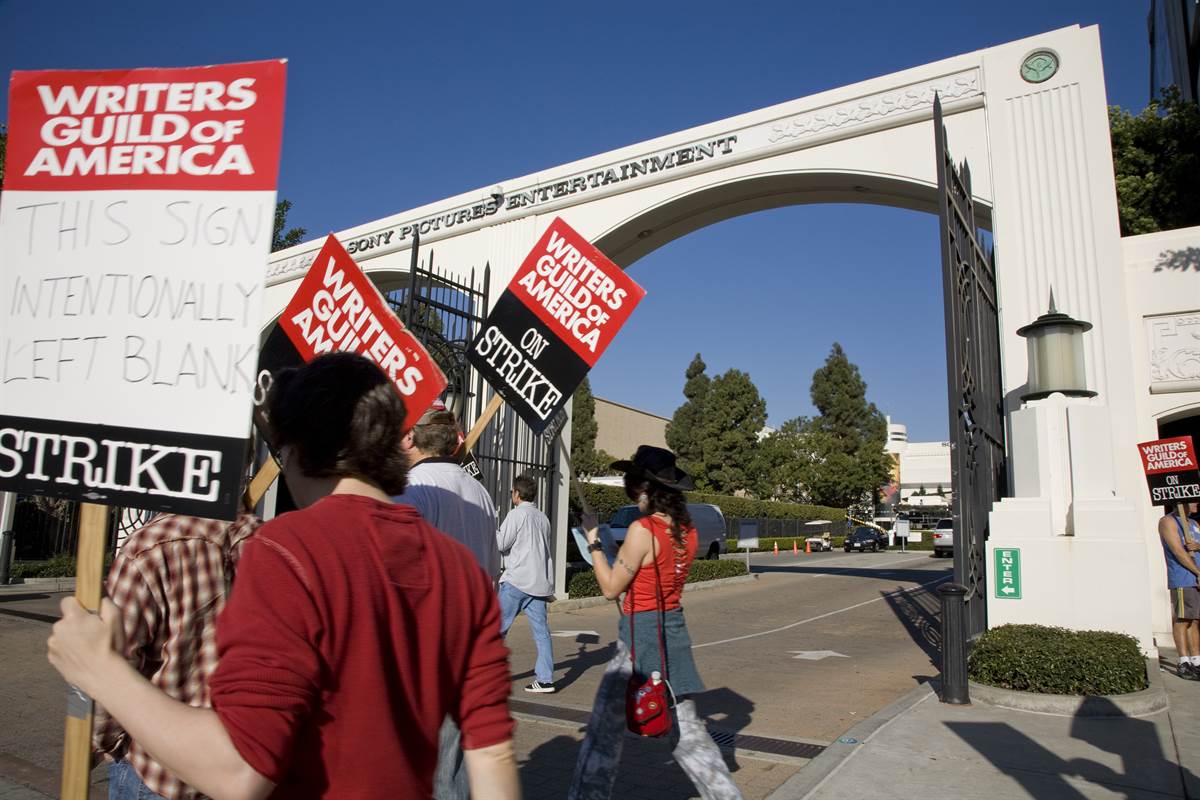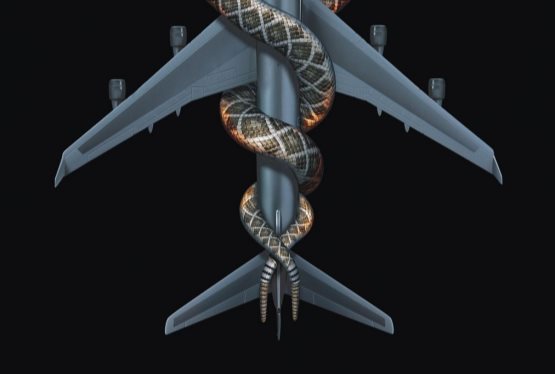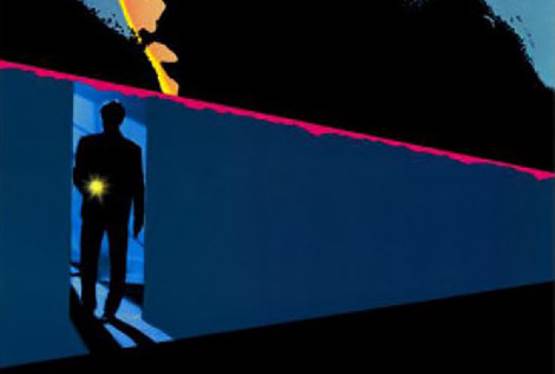
Hollywood writers have officially gone on strike. After failed talks, unionized writers went off the clock just after midnight. This is the first strike in over 15 years.
The union, the Writers Guild of America, which includes West and East branches, made a unanimous vote for the walkout.
In a statement, the union said, "The companies' behavior has created a gig economy inside a union workforce, and their immovable stance in this negotiation has betrayed a commitment to further devaluing the profession of writing."
Workers are calling for companies to staff television shows with a certain number of writers for a specific period of time, "whether needed or not." They are also seeking pay increases and changes to the pay structure.
"The companies have used the transition to streaming to cut writer pay and separate writing from production, worsening working conditions for series writers at all levels," the WGA said back in March.
Raphael Bob-Waksberg, the creator of Netflix's animated series "BoJack Horseman", added, "We want more money. We want enough money to make a basic living doing what we love. "I think we're getting to the point where it's going to be that the only people who can afford to try to start a career in television or movies are going to be people who are independently wealthy already, which I don't think is good for television or movies. I don't think we want that."
"The AMPTP member companies remain united in their desire to reach a deal that is mutually beneficial to writers and the health and longevity of the industry, and to avoid hardship to the thousands of employees who depend upon the industry for their livelihoods," the organization said in a statement Monday night. "The AMPTP is willing to engage in discussions with the WGA in an effort to break this logjam."
The alliance includes Disney, Universal Pictures and Warner Bros., ABC, CBS, and NBC; as well as Netflix, Disney+, and Amazon.
The strike will undoubtedly have a significant impact on the entertainment industry, as it could cause delays or cancellations of television shows and movies. The last time there was a writers' strike in 2007, it lasted for 100 days and resulted in an estimated loss of $2.5 billion to the industry. Studios were forced to halt production on several high-profile projects, and some shows never returned to air.
However, this strike comes at a time when the entertainment industry is already facing unprecedented challenges due to the COVID-19 pandemic. Many productions have already been delayed or canceled, and the industry is still struggling to recover financially. The strike could further exacerbate these issues and lead to significant financial losses for both the writers and the studios. It remains to be seen how long the strike will last and what the ultimate impact will be on the industry.
Tags: wga, writers strike, writers guild of america



